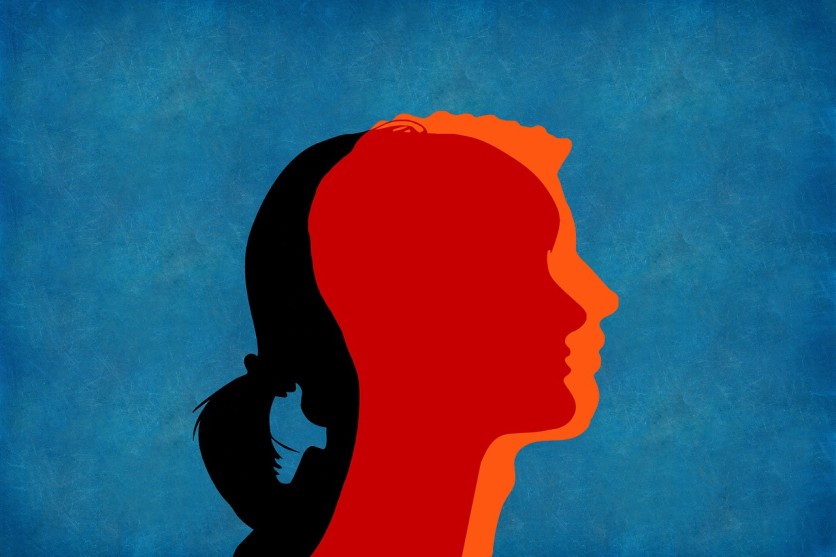A groundbreaking study from Stanford University has shed light on the potential for artificial intelligence to discern between genders with remarkable precision.

Research found that transgender people who had hormone therapy face greater cardiovascular risk.
Discerning Between Genders
Published in the National Library of Medicine, the research challenges age-old notions by suggesting that there may indeed be discernible differences between male and female brain activity.
The study, led by Vinod Menon, Ph.D., a professor of psychiatry and behavioral sciences and director of the Stanford Cognitive and Systems Neuroscience Laboratory, highlights the crucial role of sex in human brain development, aging, and the manifestation of psychiatric and neurological disorders.
Dr. Menon emphasized the significance of this research, which unveils a new AI model capable of accurately identifying whether brain scans belong to a man or a woman with over 90% accuracy.
While popular culture often reduces gender differences to clichés like "Men are from Mars, and women are from Venus," this study suggests a more nuanced understanding of how gender influences brain function.
The findings open up new avenues for research in neuroscience and AI, with potential implications for understanding and treating various neurological and psychiatric conditions.
Using AI Techniques, Extensive Datasets of Brain Scans
For years, scientists have engaged in discussions regarding the influence of an individual's sex on brain structure and function.
While it's understood that sex chromosomes play a role in hormone exposure, establishing concrete associations between sex and brain differences has posed a significant challenge.
Previous studies have yielded inconsistent findings regarding brain structure and function disparities between males and females. However, a breakthrough has emerged from the work of Menon and his research team.
Utilizing advanced artificial intelligence techniques alongside extensive datasets of brain scans, they've achieved remarkable success in their analysis.
Their AI model has surpassed previous methodologies, demonstrating a remarkable ability to accurately distinguish between male and female brains. This achievement suggests that discernible sex-related differences exist within the brain, which were previously overlooked or underestimated.
Moreover, the model's consistent performance across diverse datasets lends further credibility to these findings. This advancement holds promise for deepening our understanding of sex-related brain differences and their implications for various aspects of neuroscience and medicine.
Deep within the intricate network of the human brain, specific regions illuminate with distinctiveness, providing clues as to whether it belongs to a male or female. Researchers have pinpointed key 'hotspots' crucial for the AI model to make such determinations.
Among these areas is the default mode network, which facilitates self-reflection, along with regions like the striatum and limbic network, vital for learning and processing rewards.
Dr. Menon emphasized the significance of identifying consistent sex differences in the healthy adult brain, underscoring its importance in unraveling sex-specific susceptibilities in psychiatric and neurological disorders.
Remarkably, their AI model demonstrated the capability to analyze dynamic MRI scans. After testing it on approximately 1,500 brain scans, it exhibited a high degree of accuracy in distinguishing between male and female scans.
Dr. Menon expressed confidence in the robustness of their findings through EurekAlert, highlighting the substantial evidence indicating sex as a fundamental determinant of human brain organization.
Moreover, Dr. Menon emphasized the broad utility of their AI models, envisioning their application in exploring brain differences associated with learning impairments or variations in social functioning.
Related Article : Climate Change Is Shrinking Human Brains, New Study Claims

ⓒ 2026 TECHTIMES.com All rights reserved. Do not reproduce without permission.




